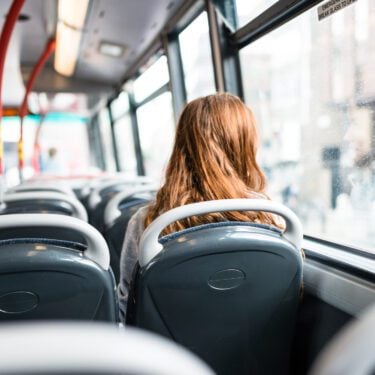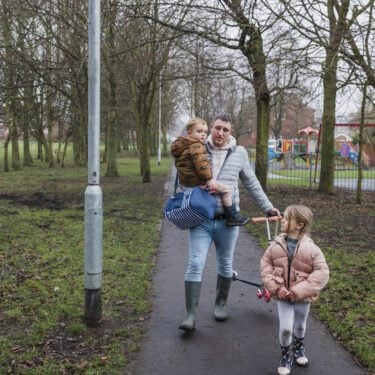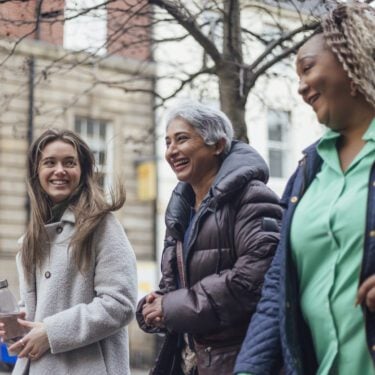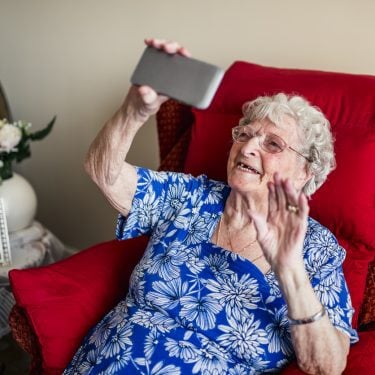
22/01/15
3 min read
The Nuffield Foundation has awarded a research grant of over £550,000 to the new Centre for Communities and Social Justice (CSJ) at Coventry University to study inequalities in child welfare systems across the UK.
Coventry will lead the project that will also involve six partner UK universities.
The project will compare disparities in child safeguarding in England with Northern Ireland, Scotland and Wales where child welfare systems and intervention rates differ. It will then explore potential reasons for the inequalities in rates across the UK.
Since 2008 there has been an 86% increase in the number of children being investigated over child protection concerns in England. And the number of children spending time in care each year has increased by 10,000 since 2010.
The increase in pressure on child protection services has coincided with the coalition government’s austerity measures which have been implemented since 2010 and are set to continue. In this context of increasing demand and spending cuts affecting family support services, it is particularly important to understand what is driving child welfare inequalities within the UK, and the research aims to shed light on this.
The project will be led by Professor of Social Work, Prof Paul Bywaters, from Coventry University. He said: “Almost 5 children in a 1000 in Wales and Northern Ireland are on a child protection plan or register, but fewer than 4 in 1000 children in England and fewer than 3 in Scotland. Is this a postcode lottery or the result of deprivation, demography, policy or practice? How do we judge which country’s safeguarding system is working best? This is what this project is aiming to find out. Our findings could lead to fundamental changes in policy and practice for children’s services across UK and internationally.”
Scotland’s former Chief Medical Officer, Sir Henry Burns, will lead the project’s Advisory Board. He is now a Professor in professor of global public health at Strathclyde University, specialising in health inequalities. He said: “Much of my career has been spent in trying to understand the causes and consequences of health inequalities. It is very clear that the way in which families are supported is an important predictor of good outcome for children and this project can make an important contribution to understand how we can build healthy and successful young people.”
Prior to this research grant, Prof Bywaters and his team at Coventry University have led pilot studies into child welfare inequalities. This work found that the inequalities in the proportion of children on child protection plans or who are in care reflect two key factors, deprivation and ethnicity. They also have close parallels with inequalities in children’s health and education.
Prof Bywaters added: “The same underlying social pressures affect children’s healthy development, their educational success and their chances of having a safeguarding intervention by children’s services. But some ethnic groups have much lower rates of safeguarding interventions than others and we need to understand why that is in order to maximise all children’s chances of a happy life. These issues have major implications for children’s services policies, priorities and practice. And they are particularly important at a time when resources are so stretched.”
Teresa Williams, Director of Social Research and Policy at the Nuffield Foundation said: “The Nuffield-funded pilot study revealed a clear link between deprivation and child protection interventions within the same local authority. It also showed that local authorities covering more affluent areas are more likely to intervene than those covering less affluent areas. But without knowing more about these inequalities we can’t do anything to address them. This ambitious, UK-wide project will use both existing and new data to provide much-needed evidence on the underlying need for child protection services, rates of intervention and local area deprivation.”
The two year project, led by Professor Paul Bywaters and Dr. Geraldine Brady of the new research Centre for Communities and Social Justice, will involve teams in 6 partner Universities, the Open University and the University of Nottingham, University of Stirling, University of Edinburgh, Queen’s University Belfast, and Cardiff University.



























































